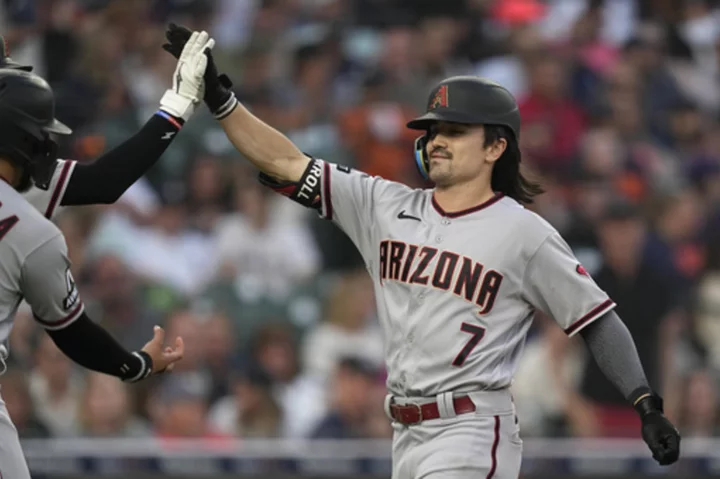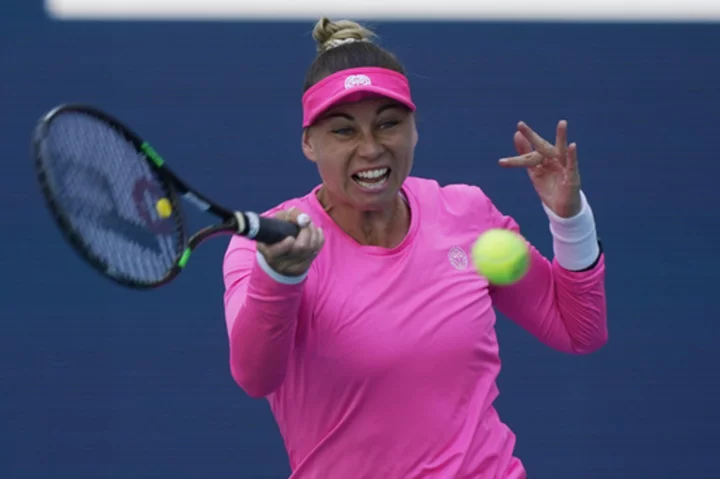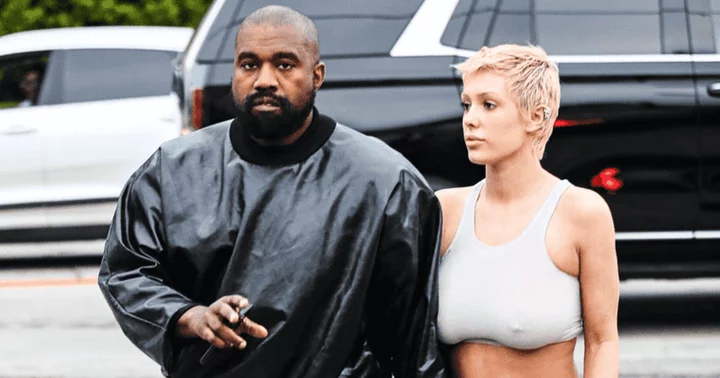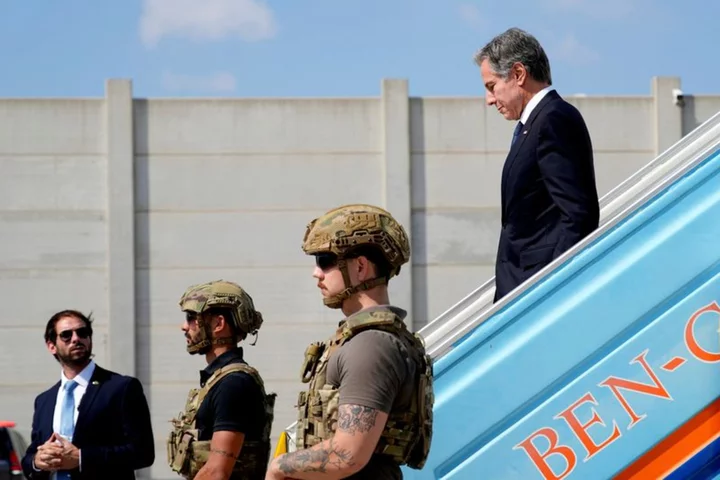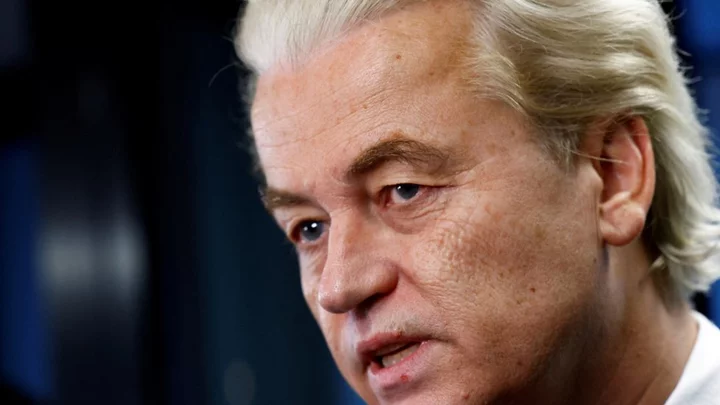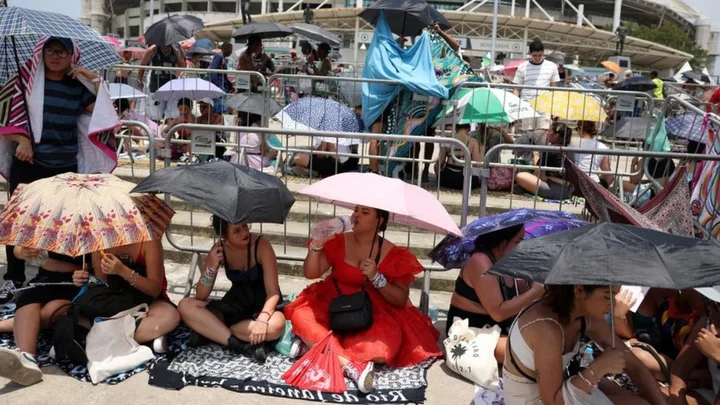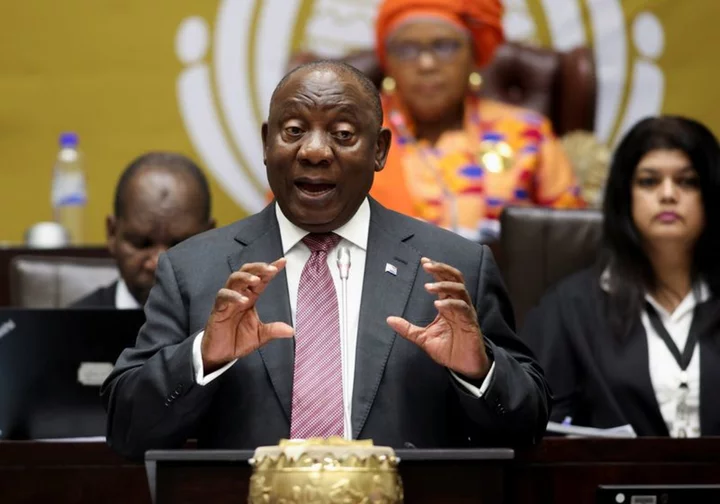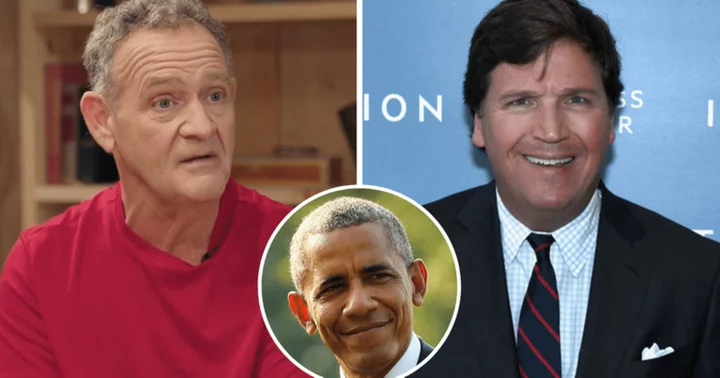Ethnic Armenian refugees began to leave Nagorno-Karabakh on Sunday for the first time since Azerbaijan launched an offensive designed to seize control of the breakaway territory and perhaps end a three-decade-old conflict.
This week's lightning operation could mark a historic geopolitical shift, with Azerbaijan victorious over the separatists and Armenia publicly distancing itself from its traditional ally Russia.
"Yesterday, we had to put down our rifles. So we left," a man in his thirties from the village of Mets Shen told AFP as a first group of a few dozen people crossed the border and registered with Armenian officials in Kornidzor.
"We had 15 minutes to pack everything up, we couldn't bring anything," said 28-year-old farmer Shamir, regretting having left his livestock and the grave of his three-year-old daughter behind in Mets Shen. "I didn't tell her goodbye. I hope to go back."
According to the Armenian government, by Sunday evening 377 "forcefully displaced persons" had crossed from Azerbaijan to Armenia.
Most of the refugees seen by AFP were women and children, including some from Eghtsahogh, where people took shelter around a Russian peacekeeping base after their village allegedly came under Azerbaijani shelling.
Separatist leaders have said they are negotiating the fate of some 120,000 ethnic Armenians from Nagorno-Karabakh in talks with Azerbaijani officials mediated by Russian peacekeepers. Many have seen shortages of food, water and power during a nine-month blockade.
- Rift with Russia -
The Armenian health ministry said 23 ambulances were carrying seriously wounded citizens of Nagorno-Karabakh to the border, accompanied by medics and Red Cross workers. Crowds of angry relatives gathered on the Armenian side awaiting news.
As drama unfolded on the border, Armenia's Prime Minister Nikol Pashinyan -- himself a target of protests over the crisis -- sought to deflect the blame onto long-standing ally Russia, signalling a breakdown in the countries' security pact.
In nationally televised comments, the Armenian leader said the Russian-led Collective Security Treaty Organisation (CSTO) and Moscow-Yerevan military-political cooperation were "insufficient" to protect the country, suggesting that he would seek new alliances.
The CSTO members pledge to defend one another from outside attack. But, bogged down in its own war in Ukraine, Russia refused to come to Armenia's assistance in the latest Nagorno-Karabakh conflict, arguing that Yerevan itself had recognised the disputed region as part of Azerbaijan.
Now, Russian peacekeepers are helping Azerbaijan disarm the Karabakh rebels.
Pashinyan said Armenia should ratify the treaty which established the International Criminal Court (ICC), which has issued an arrest warrant for Russian President Vladimir Putin over the Ukraine war.
Armenia also announced that Pashinyan would meet his Azerbaijani counterpart President Ilham Aliyev at the summit of the European Political Community in the Spanish city of Granada on October 5, along with EU leaders like President Emmanuel Macron of France and Germany's Chancellor Olaf Scholz.
Meanwhile, tension was running high at the Kornidzor crossing, five kilometres (three miles) from the Hakari bridge on the convoy's route, where angry relatives had gathered to await news and one man was so frustrated he pulled out a knife in front of police.
"My son was in the army in Artsakh. He's alive, but I'm worried for him," said Alik Blbuyan, 43, using the name Karabakh's ethnic Armenian population gave their breakaway statelet.
"I came here to get news but I'm also hoping armed groups will cross the border. If they do, I'll go with them to rescue my son," he said.
- Sons and brothers -
On the other side of the border in Azerbaijani settlements such as Terter and Beylagan, locals had no sympathy for their Armenian neighbours and were celebrating their government's victory over the rebels.
State television played music paying tribute to the nation and its army, and the roadsides were lined with flags and portraits of dozens of local "martyrs", fallen in the fighting during the previous 30 years.
Famil Zalov's 18-year-old brother was among those killed, and he's in no mood to forgive.
"I support the operation. Our beautiful land got liberated. I'm proud my brother was avenged," the farmer, now in his early fifties, told AFP.
Asked whether he could imagine living alongside ethnic Armenians in peace now, he said he could not: "The president has shown them the way. The corridor is open. They can use it and go away."
- Turkish victory visit -
The bad blood between the communities will only fuel international concern that Azerbaijan's sudden victory could trigger another round of persecution in a conflict that has seen abuses on both sides.
In a call on Saturday, US Secretary of State Antony Blinken told Pashinyan that Washington had "deep concern" for ethnic Armenians there, a spokesman said.
But Baku's Foreign Minister Jeyhun Bayramov told the UN General Assembly: "Azerbaijan is determined to reintegrate ethnic Armenian residents of the Karabakh region of Azerbaijan as equal citizens."
Baku will also secure further diplomatic backing from key ally Turkey, whose leader Recep Tayyip Erdogan will visit Azerbaijan's Nakhchivan exclave on Monday.
bur-dc/zak/acc/pvh


